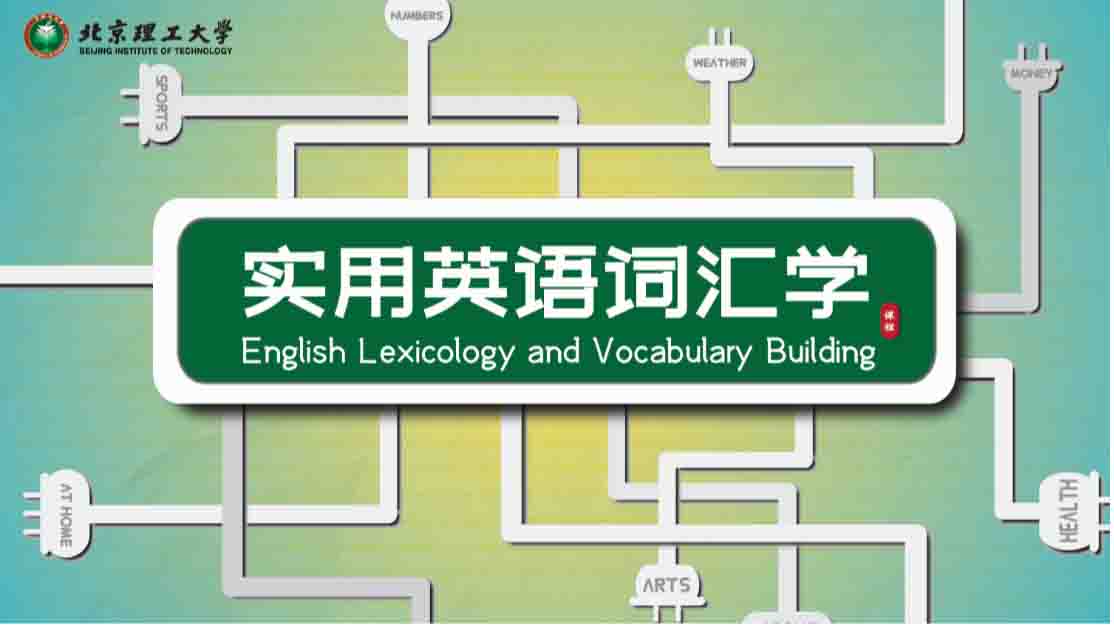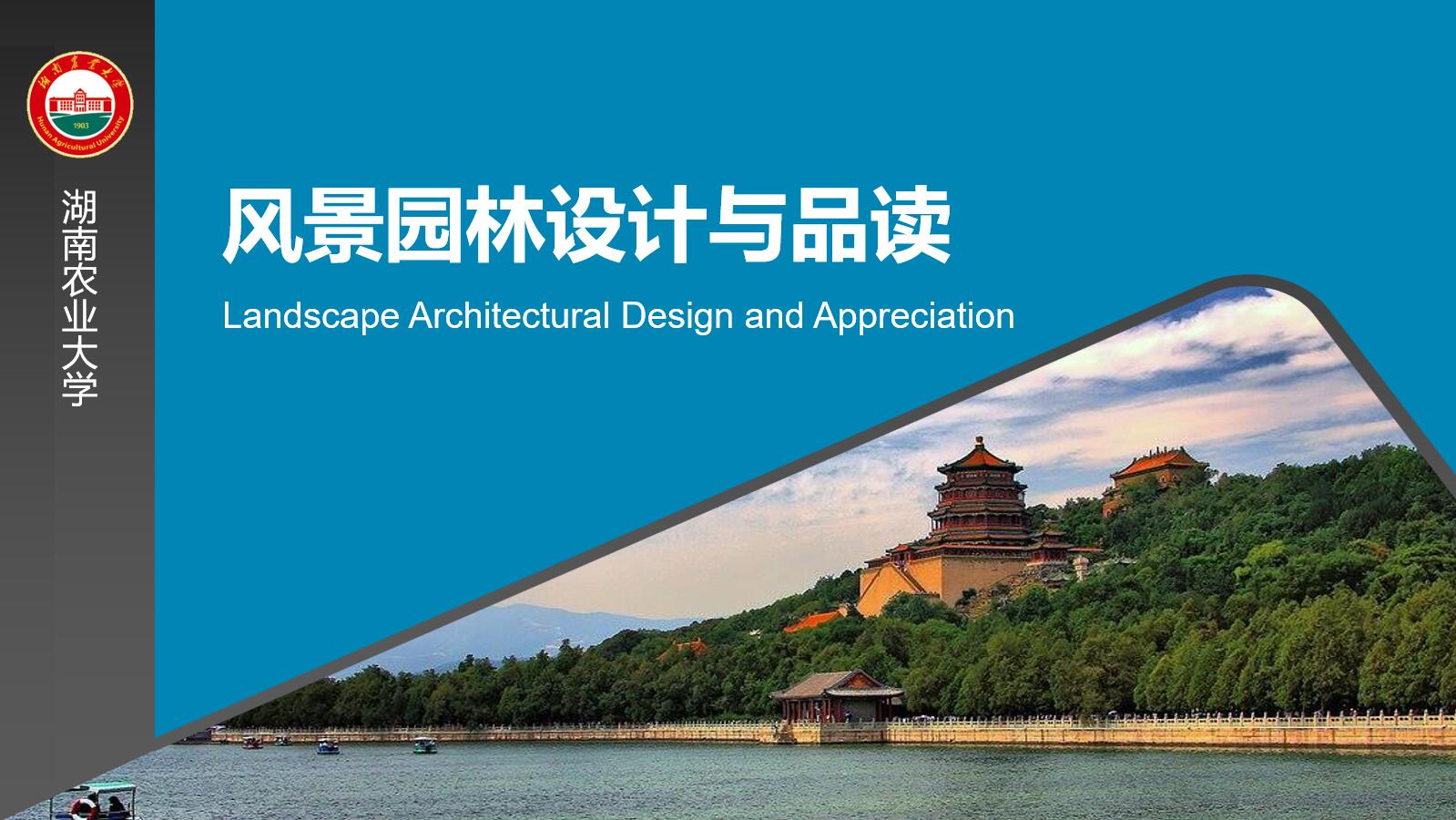
当前课程知识点:国际新闻比较与分析 > 第八章 Global News Flow(全球新闻流) > Chapter VIII Discussion > Chapter V Discussion
Since the new millennium, the profession of foreign correspondence has entered into a deep crisis, the development of international news reporting in recent decades is a story of decline. Some say foreign correspondence is “in demise”, some say it is “in transition”, yet others say it is simply being “restructured” and there will be a “rebirth”. What is your view, and why?
-导论 Test
-1.1 Definition of News (新闻的定义)
--1.1 Test
-1.2 General News Values: Timeliness, Impact, Prominence, Proximity (新闻的及时性、影响力、显著性与接近性)
--1.2 General News Values: Timeliness, Impact, Prominence, Proximity
--1.2 General News Values: Timeliness, Impact, Prominence, Proximity
--1.2 Test
-1.3 General News Values: Conflict, Deviance, Currency, Necessity (新闻的冲突性、异常性、话题性与实用性性)
--1.3 General News Values: Conflict, Deviance, Currency, Necessity
--1.3 General News Values: Conflict, Deviance, Currency, Necessity
--1.3 Test
-1.4 Structure and Value of International News (国际新闻的结构与价值)
--1.4 Structure and Value of International News
--1.4 Structure and Value of International News
--1.4 Test
-2.1 Hierarchy of Influences on News (新闻的影响层级)
--2.1 Hierarchy of Influences on News
--2.1 Hierarchy of Influences on News
--2.1 Test
-2.2 Gatekeeping and Personal Influences (新闻把关人与记者个人影响)
--2.2 Gatekeeping and Personal Influences
--2.2 Gatekeeping and Personal Influences
--2.2 Test
-2.3 Media Routines and Organizational Influences (新闻常规与组织影响)
--2.3 Media Routines and Organizational Influences
--2.3 Media Routines and Organizational Influences
--2.3 Test
-2.4 Extra-Media Forces and Ideology (意识形态与组织外影响)
--2.4 Extra-Media Forces and Ideology
--2.4 Extra-Media Forces and Ideology
--2.4 Test
-3.1 Authoritarian and Libertarian Theories of the Press (媒体的威权主义与自由主义理论)
--3.1 Authoritarian and Libertarian Theories of the Press
--3.1 Authoritarian and Libertarian Theories of the Press
--3.1 Test
-3.2 Social Responsibility and Communist Theories of the Press(社会责任与共产主义理论)
--3.2 Social Responsibility and Communist Theories of the Press
--3.2 Social Responsibility and Communist Theories of the Press
--3.2 Test
-3.3 Comparing Media Systems in the West: Three Models (比较媒介体系的三种模式)
--3.3 Comparing Media Systems in the West: Three Models
--3.3 Comparing Media Systems in the West: Three Models
--3.3 Test
-3.4 Comparing Media Systems in the West: Four Dimensions(比较媒介体系的四个维度)
--3.4 Comparing Media Systems in the West: Four Dimensions
--3.4 Comparing Media Systems in the West: Four Dimensions
--3.4 Test
-4.1 State-Owned Media (国有媒体所有制)
--4.1 Test
-4.2. Public-Owned Media (公共媒体所有制)
--4.2 Test
-4.3. Private-Owned Media (私人媒体所有制)
--4.3 Test
-4.4. Concentration of Media Ownership (媒体所有权集中化)
--4.4 Concentration of Media Ownership
--4.4 Concentration of Media Ownership
--4.4 Test
-5.1 Evolution of Foreign Correspondence(驻外报道的历史与起源)
--5.1 Evolution of Foreign Correspondence
--5.1 Evolution of Foreign Correspondence
--5.1 Test
-5.2 The Role of Global News Agencies (全球通讯社与驻外报道)
--5.2 The Role of Global News Agencies
--5.2 The Role of Global News Agencies
--5.2 Test
-5.3 Foreign Correspondence Beyond News Agencies (通讯社之外的驻外报道)
--5.3 Foreign Correspondence Beyond News Agencies
--5.3 Foreign Correspondence Beyond News Agencies
--5.3 Test
-5.4 Foreign Correspondence in the New Millennium(新世纪的驻外报道)
--5.4 Foreign Correspondence in the New Millennium
--5.4 Foreign Correspondence in the New Millennium
--5.4 Test
-6.1 Foreign Correspondents in China(外媒驻华报道)
--6.1 Foreign Correspondents in China
--6.1 Foreign Correspondents in China
--6.1 Test
-6.2 International Journalism in Chinese Media (中国媒体国际报道)
--6.2 International Journalism in Chinese Media
--6.2 International Journalism in Chinese Media
--6.2 Test
-6.3 Chinese Correspondents in Foreign Bureaus (中国媒体驻外记者)
--6.3 Chinese Correspondents in Foreign Bureaus
--6.3 Chinese Correspondents in Foreign Bureaus
--6.3 Test
-7.1 Definition of Geography of News (新闻地理的定义)
--7.1 Definition of Geography of News
--7.1 Definition of Geography of News
--7.1 Test
-7.2 Geography of Foreign News on Global TV(全球电视国际报道的新闻地理)
--7.2 Geography of Foreign News on Global TV
--7.2 Geography of Foreign News on Global TV
--7.2 Test
-7.3 Who Is Interested in China (外国公众对中国新闻的兴趣)
--7.3 Who Is Interested in China
--7.3 Who Is Interested in China
--7.3 Test
-8.1 Determinants of Global News Flow(全球新闻流的决定因素)
--8.1 Determinants of Global News Flow
--8.1 Determinants of Global News Flow
--8.1 Test
-8.2 World System Theory and Global News Flow(世界系统理论与国际新闻流)
--8.2 World System Theory and Global News Flow
--8.2 World System Theory and Global News Flow
--8.2 Test
-8.3 Towards a New World Information and Communication Order(通往新信息传播秩序之路)
--8.3 Towards a New World Information and Communication Order
--8.3 Towards a New World Information and Communication Order
--8.3 Test

